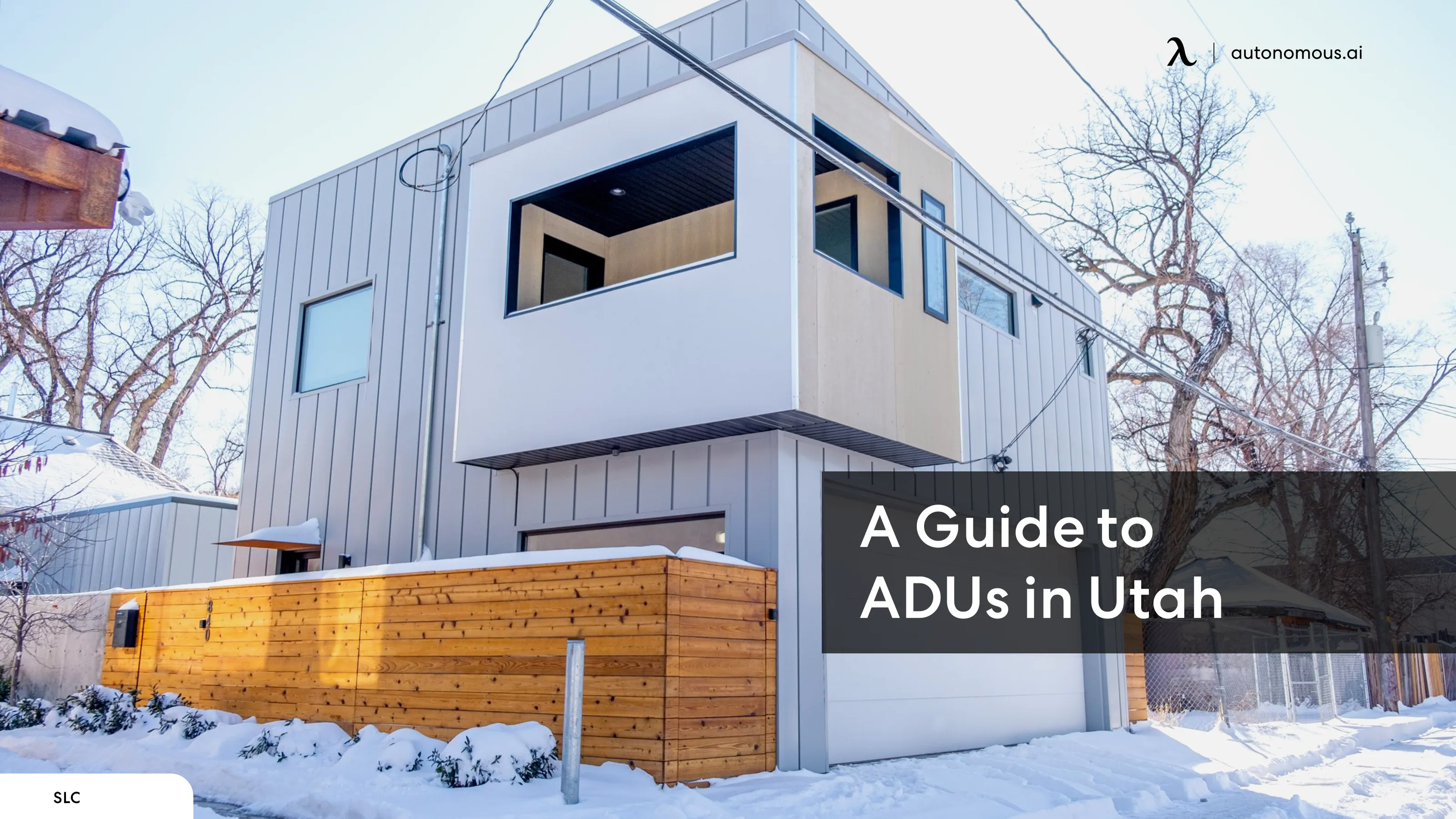
Get an ADU in Utah - Rules, Regulations, and Permitting
Table of Contents
According to a recent survey, over 1.4 million U.S. residences now include an accessory dwelling unit (ADU). An ADU is a great choice if you'd want to expand your living quarters without the inconvenience of a traditional addition.
These one-of-a-kind 'granny pods' bring a wide range of advantages, from greater practicality to higher resale value.
If you still need clarification about the laws governing these ADUs, we have provided all the details about ADU Utah laws and regulations below.
State ADU Policies
The Utah government has acknowledged ADUs' potential to increase housing diversity and facilitate intergenerational relationships. All cities and towns in the state are now legally obligated to permit accessory dwelling units (ADUs) in residential zones with the passage of Senate Bill 34 in 2019. Although prefab ADUs Utah must be lawfully permitted, municipalities can determine ADU-specific regulations and requirements.
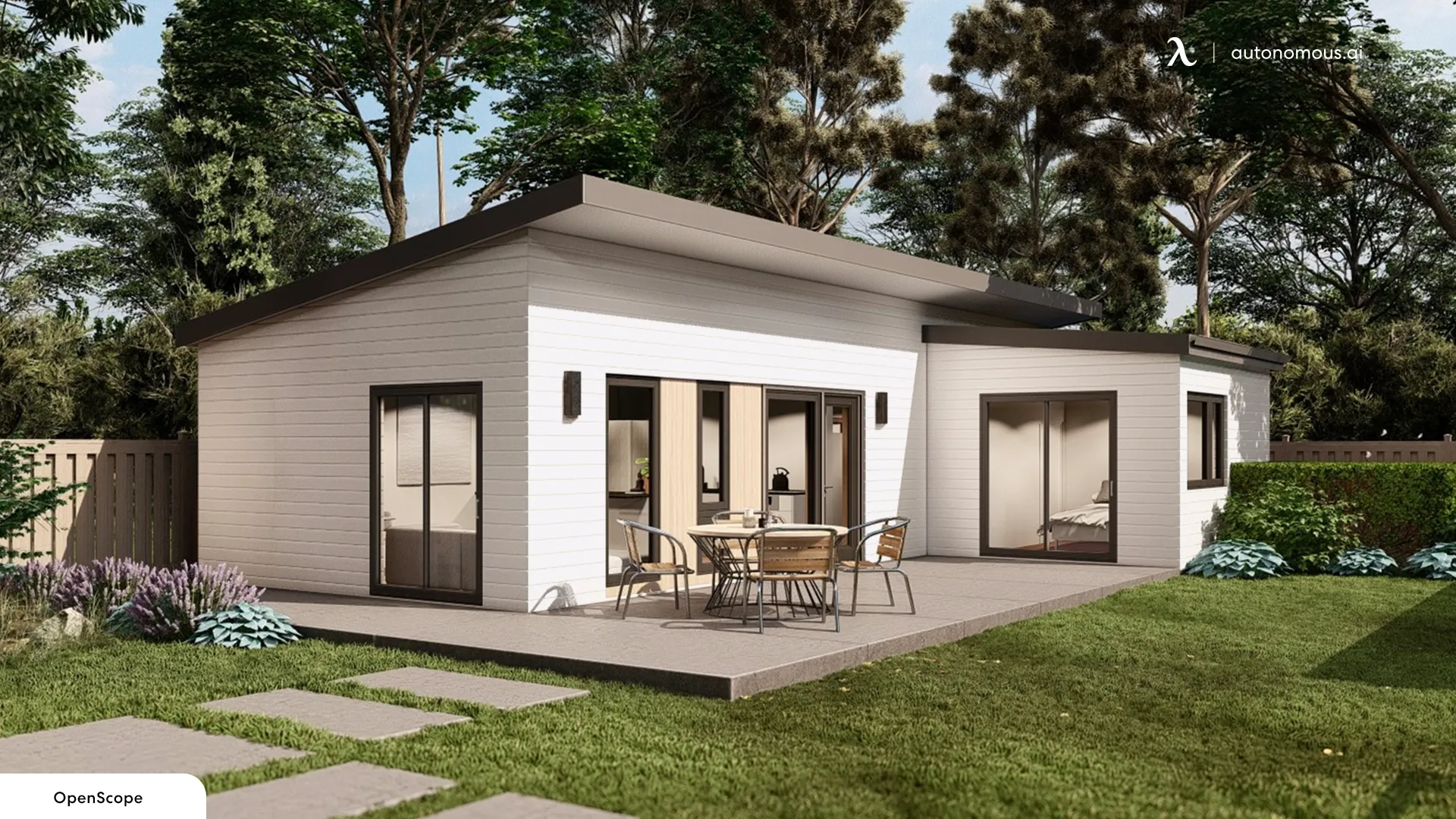
Building Codes and Zoning Regulations
Local building laws and zoning regulations heavily influence the practicality and requirements for constructing prefab ADUs real estate. There are several statutes that the Utah State Legislature has passed that regulate ADU construction in the state.
Attached dwelling units may only be constructed on the property of a single-family detached home. No accessory dwelling unit (ADU) should be permitted in a duplex, triplex, apartment building, or other multi-unit structure.
However, it's worth keeping in mind that local ordinances can differ.
Laws, Regulations, and Permitting For ADUs in Utah
1. ADU Types and Size
Attached ADUs are secondary dwelling units attached to the main house, whereas detached ADUs are freestanding but still located on the same land. According to Utah ADU laws, there is often a cap on the size of ADU, such as 35% of the size of the main house.
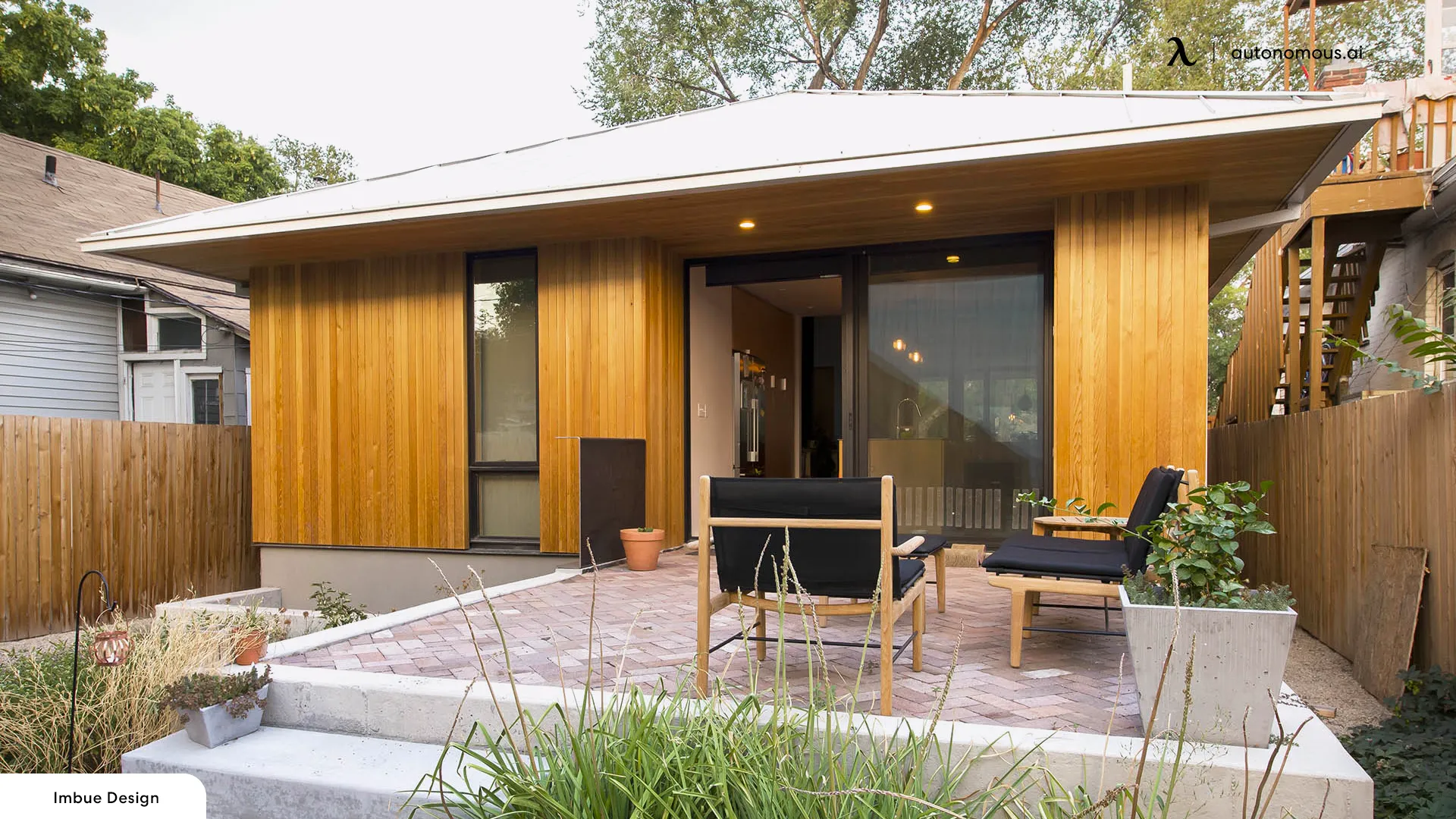
2. Parking Requirements
Utah's municipal governments have varying parking requirements for accessory dwelling units. Additional parking places for prefab ADUs in Utah may be required in some regions, while in others, especially those with convenient public transportation, parking requirements may be relaxed or shared.

3. Owner Occupancy
The owner must occupy the main house or the accessory dwelling unit (ADU) in some Utah municipalities. The goal of this regulation is to avoid speculative investment and keep things calm in the area. However, several municipalities have loosened owner-occupancy rules to encourage ADU builders in Utah.
4. Setback Requirements
Accessory dwelling units (ADUs) must adhere to the setbacks specified by the underlying zone or subdivision. Guest house plans must be ten feet (or more) away from any side or rear property lines, per the minimum setbacks mandated by Utah ADU rules.
5. Impact Fees
Prefab ADU in Utah may be subject to impact fees to help cover the costs of providing public services to a larger population. These fees may be eliminated or lowered when it comes to providing affordable housing or accessory dwelling units (ADUs) built to assist aging family members.
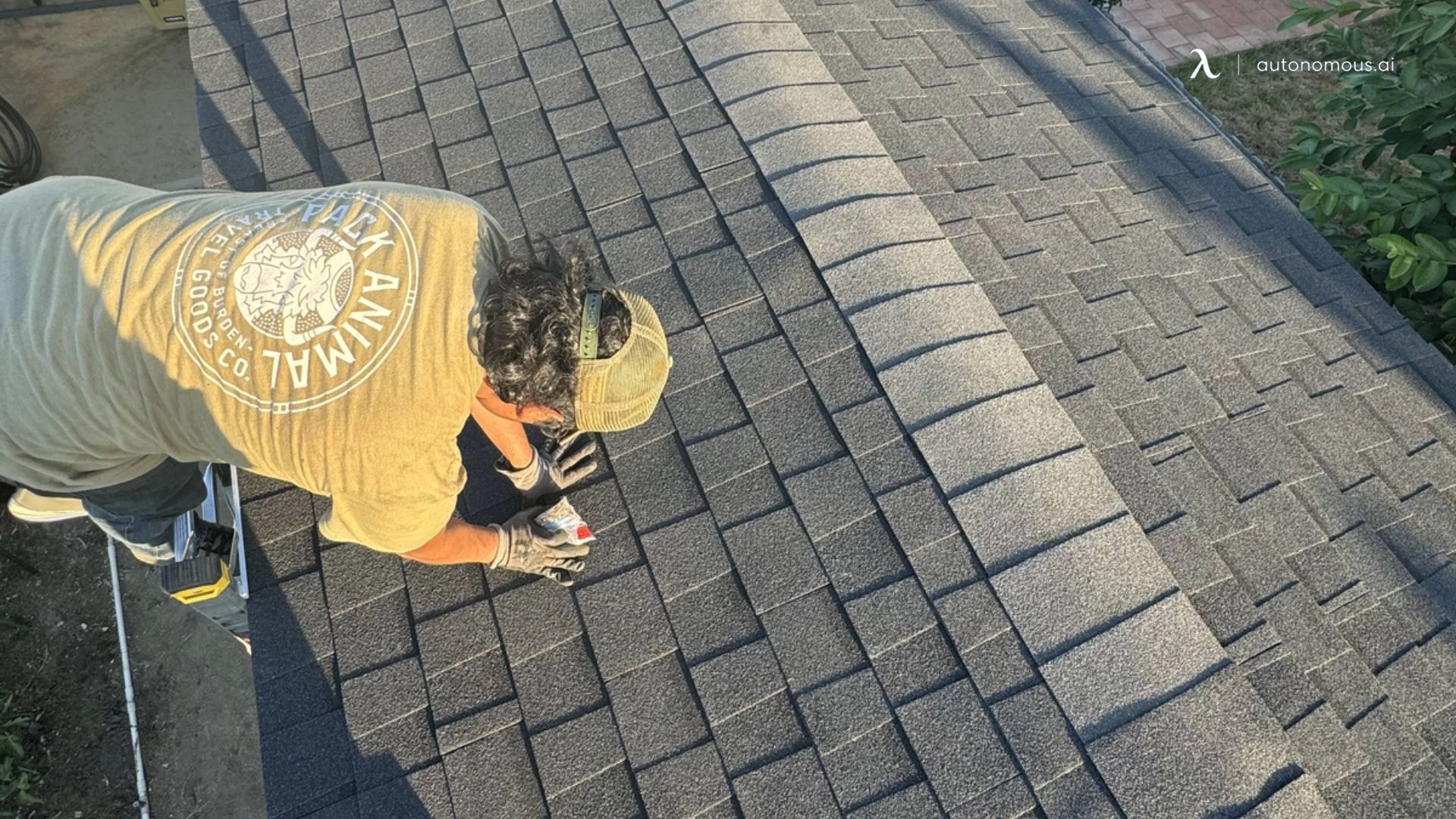
Permitting Process
The Planning Department must permit the construction and occupancy of any ADU or guesthouse. Accessory Dwelling Unit applications must be submitted electronically to the Planning Department.
Prefab ADU in Utah must obtain several permits and adhere to local ordinances before construction can begin. Plans, payments, and adherence to the building code are typical obligations for homeowners. If you want to ensure your project complies with all the rules and regulations in your area, you should call the planning or building department.
The typical steps following submission are as follows:
- Finish the Submission Form.
- Verification of occupancy permit.
- Review by the Planning and Zoning Commission.
- Amendments.
- Review by the Planning Board/Commission.
- Approval of permit.
Once you've completed these steps, building your ADU will be a breeze.

Specific Requirements and Restrictions That Apply to ADUs in Utah
Exterior Appearance: All accessory dwelling units (ADUs) must be constructed to blend in with their surrounding single-family homes and tiny house in backyard as much as possible.
Architectural Compatibility: To keep the main house seeming like a single-family home, ADUs builders Utah must design and build it to match the external materials, colors, and roof pitch.
Affidavit: Applicants for ADU in Utah are required to sign and record an affidavit declaring that the owner will live in either the primary or accessory dwelling unit as their primary residence and will abide by all regulations of the Accessory Dwelling Unit Floating Zone.
The affidavit must also include permission for City Staff to inspect the ADU annually to check for compliance with Accessory Dwelling Unit Floating Zone rules and regulations.
Restrictions: Extra, street-facing entrances, individual utility meters, mailboxes, and addresses, are not allowed to preserve the home's single-family character. The minimum rental period for a prefab ADU in Utah is thirty (30) days.
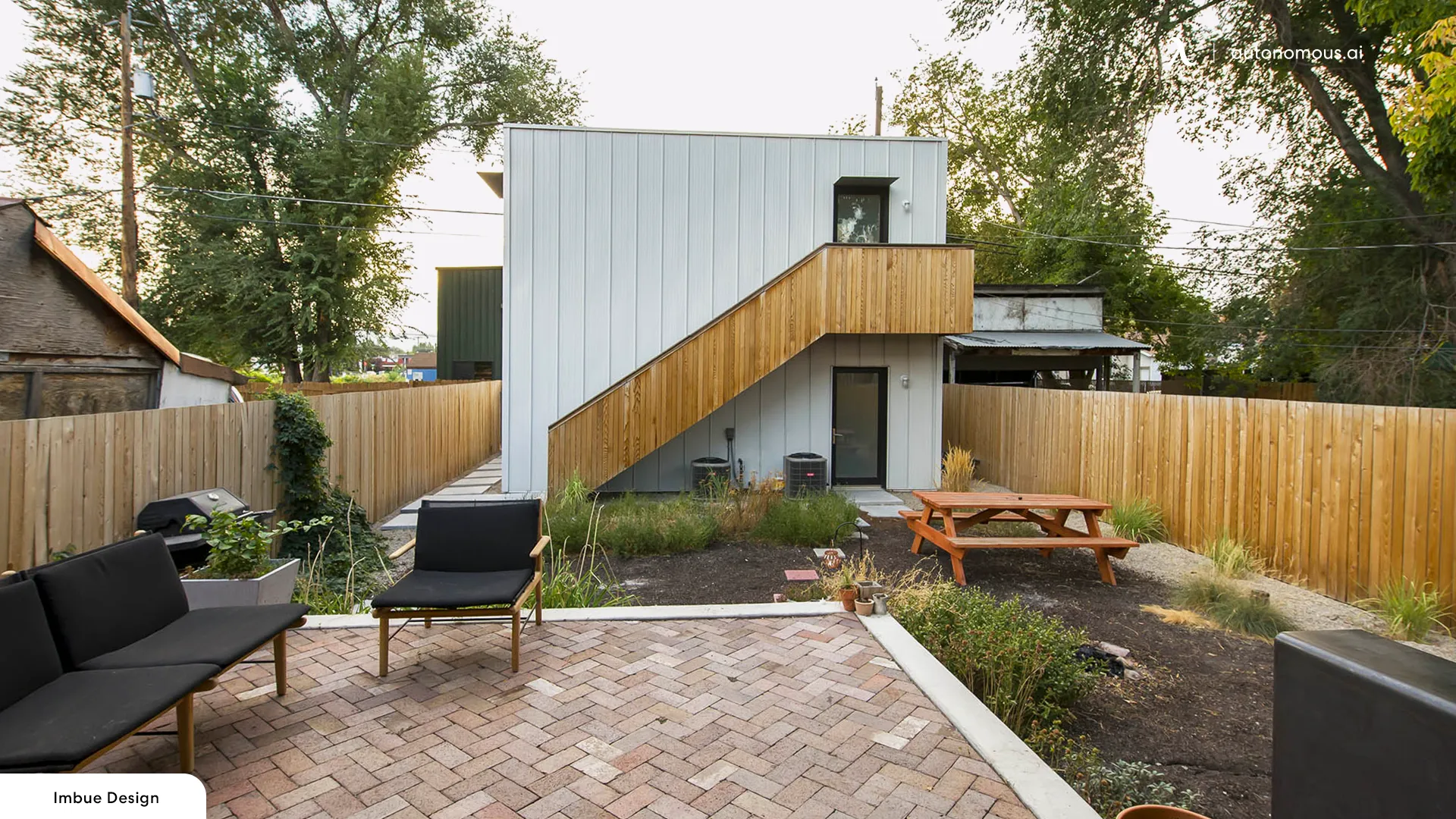
Autonomous ADUs
The Autonomous WorkPod is a type of accessory dwelling unit (ADU) that doesn't need to be set up or wired in any way. In addition to working, this space is also great for socializing, playing games, doing yoga, or just chilling out.
Several pieces of ergonomic office furniture, including the Autonomous Desk and the ErgoChair Ultra, are included in the ADU appliance package and each ADU is equipped with all necessary furnishings, lighting, and electrical outlets.
Finally, building it is a simple process that won't take more than a few days. The pricey authorization processes for your ADU won't drag on for an year or more if you go with Autonomous.
Conclusion
There is a growing awareness of the importance of accessory dwelling units (ADUs) in Utah's housing policy, building rules, and zoning regulations. Although ADU allowance is mandated at the state level, local ordinances and regulations may differ.
If you own a home and are considering adding an accessory dwelling unit (ADU), you should check with Utah ADU laws to learn the rules in your area and avoid any future inconvenience.
Spread the word
.svg)


.webp)
.webp)




